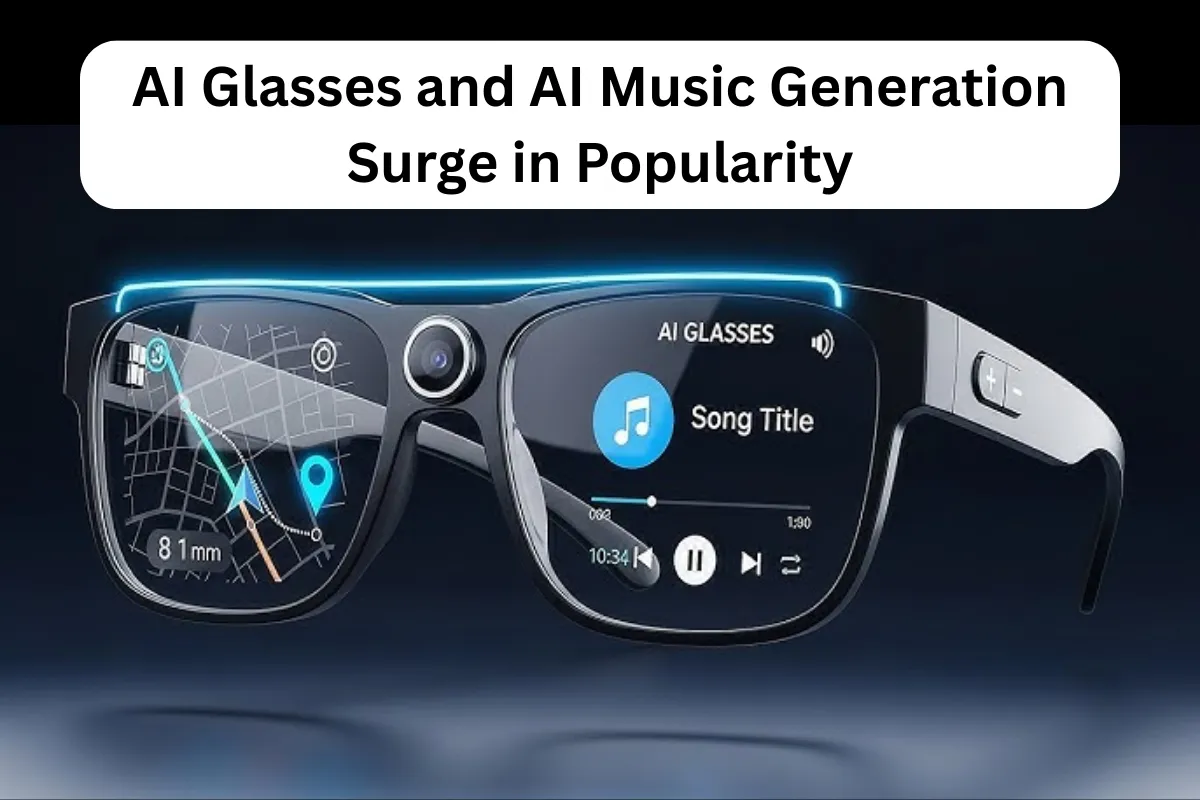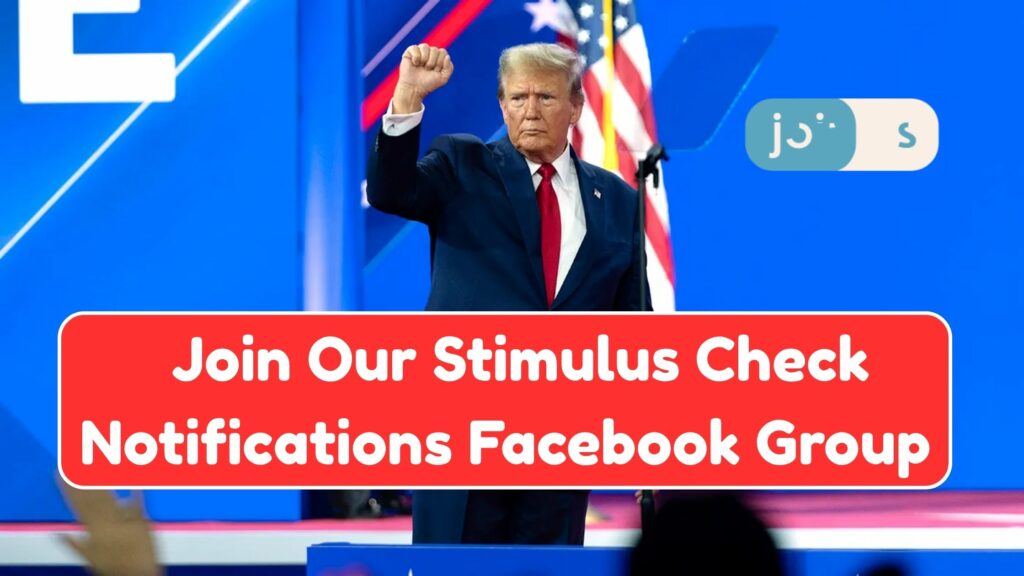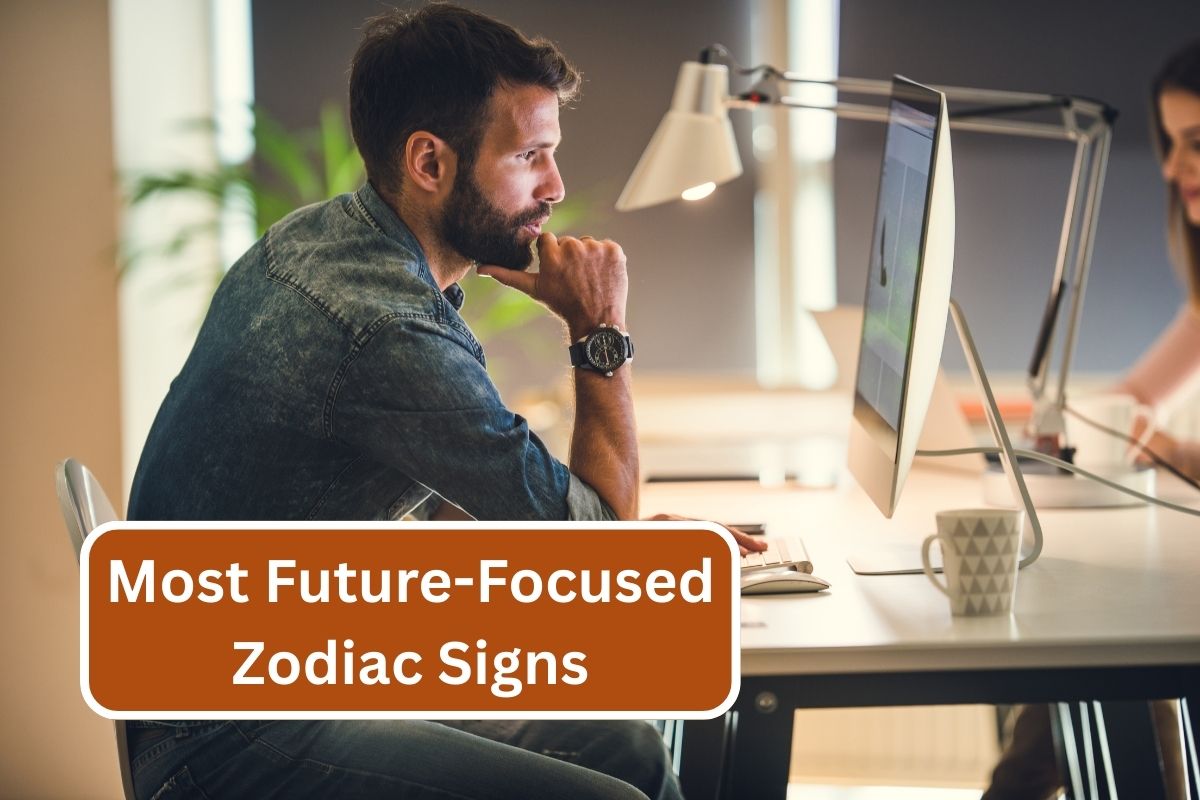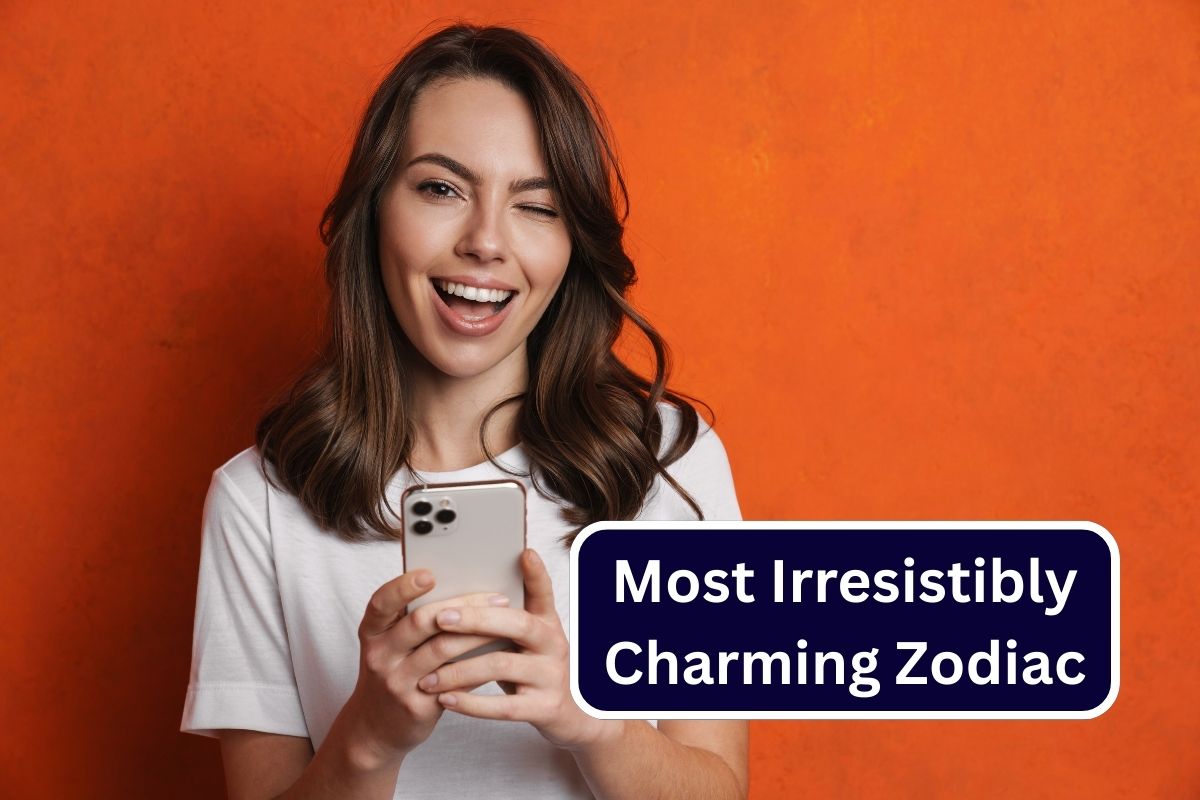Artificial intelligence is no longer limited to chatbots and search engines. Two of the most exciting new trends—AI glasses and AI music generation—are surging in popularity across the globe. From transforming how we see the world to reshaping the music industry, these innovations are making AI part of everyday life.
Tech companies are racing to release AI-powered smart glasses that can translate languages, display real-time information, and even provide navigation without needing to look at a phone. At the same time, musicians and fans are embracing AI music generation tools that create original songs, remix classics, and even produce personalized soundtracks. These breakthroughs highlight how AI is blending with creativity and lifestyle, creating both opportunities and debates.
What Are AI Glasses?
AI glasses are wearable devices that look like regular spectacles but come with built-in smart technology. Using AI, they can overlay digital information onto the real world through augmented reality (AR). For example, users can see live captions of conversations, instant translations, or directions on the go.
Companies like Meta, Google, and startups in the wearable tech space are investing heavily in this market. With hands-free functionality, AI glasses could eventually replace the need to constantly check smartphones, making them one of the most anticipated consumer gadgets.
AI Music Generation: A New Wave in Entertainment

AI music generation tools are gaining attention for their ability to compose melodies, generate lyrics, and mix tracks in seconds. Platforms like Suno, Aiva, and OpenAI’s Jukebox are showing that algorithms can be creative collaborators.
Musicians are using AI to speed up the production process, explore new sounds, and co-create with technology. Fans are also using these tools to generate personalized playlists or experiment with music production without formal training. However, debates about copyright, originality, and artist rights continue to grow alongside these innovations.
Table: AI Glasses vs. AI Music Generation
| Feature | AI Glasses | AI Music Generation |
|---|---|---|
| Main Purpose | Augmented reality and hands-free information | Create, remix, and personalize music |
| Key Benefit | Real-time translations, directions, captions | Fast, accessible, and creative music output |
| Industry Impact | Wearables and consumer lifestyle | Music production and entertainment |
| Popular Use Cases | Travel, accessibility, hands-free updates | Personalized playlists, songwriting, remixes |
| Ongoing Challenges | Battery life, privacy, cost | Copyright, originality, ownership debates |
Why Are They Becoming Popular Now?
The rise of AI hardware and creative software reflects broader cultural shifts. Consumers want hands-free, intelligent devices that simplify daily life, while music lovers want creative tools that make art more accessible. Social media has also played a role in boosting visibility, with viral videos showcasing both AI glasses in action and AI-generated music tracks.
Advances in machine learning, better processing power, and cheaper cloud storage have accelerated these developments. The convergence of hardware innovation and creative AI has made these technologies more practical and affordable than ever before.
The Challenges Ahead
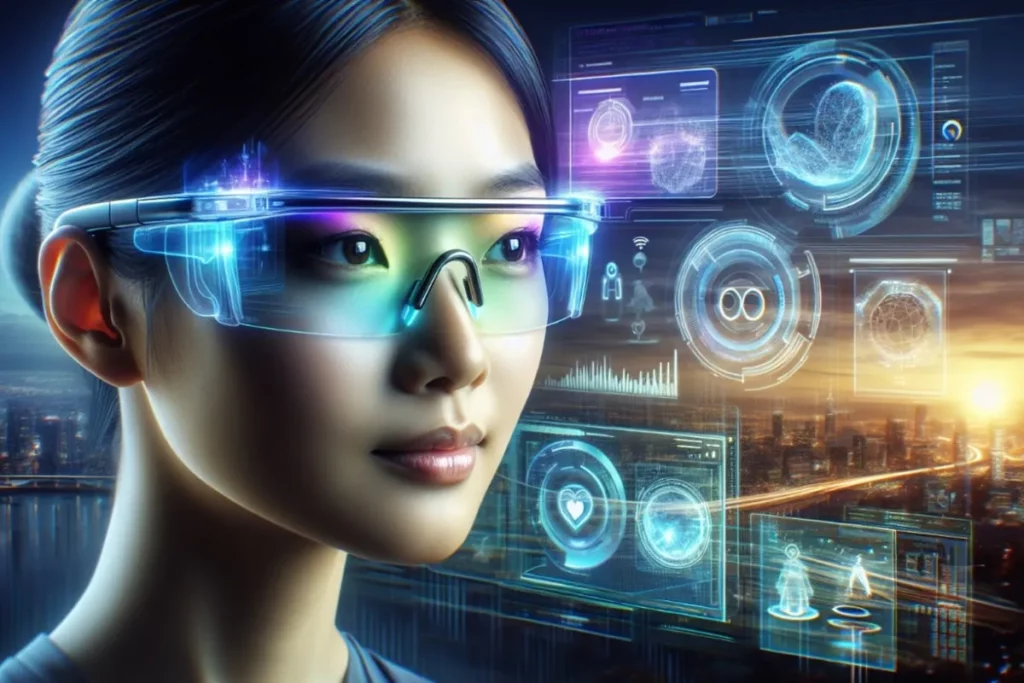
While popularity is growing, challenges remain. For AI glasses, concerns about surveillance, privacy, and constant tracking continue to surface. For AI music, artists worry about their work being replicated or replaced by algorithms. Regulators and industry leaders will need to find balance between innovation and ethics to ensure that both technologies serve society responsibly.
The surge of AI glasses and AI music generation shows how artificial intelligence is becoming more personal and creative. By combining practical tools with artistic expression, AI is reshaping industries and daily life at the same time.
While ethical and legal challenges remain, the momentum behind these technologies suggests they will continue to evolve quickly. The next few years will likely determine whether AI glasses and AI-generated music become everyday essentials or remain niche innovations.
FAQs on AI Glasses and AI Music
Q1. What are AI glasses used for?
AI glasses provide real-time translations, navigation, captions, and augmented reality features.
Q2. Can AI really make original music?
Yes, AI can generate melodies, lyrics, and entire songs, though originality and copyright remain debated.
Q3. Who is leading the development of AI glasses?
Companies like Meta, Google, and several startups are major players in wearable AI technology.
Q4. How are musicians using AI?
Musicians use AI to experiment with new sounds, speed up production, and create unique tracks.
Q5. What are the biggest concerns with these technologies?
Privacy, surveillance, and copyright issues are the main challenges for AI glasses and AI music generation.
